Town hall to connect heart researchers, public
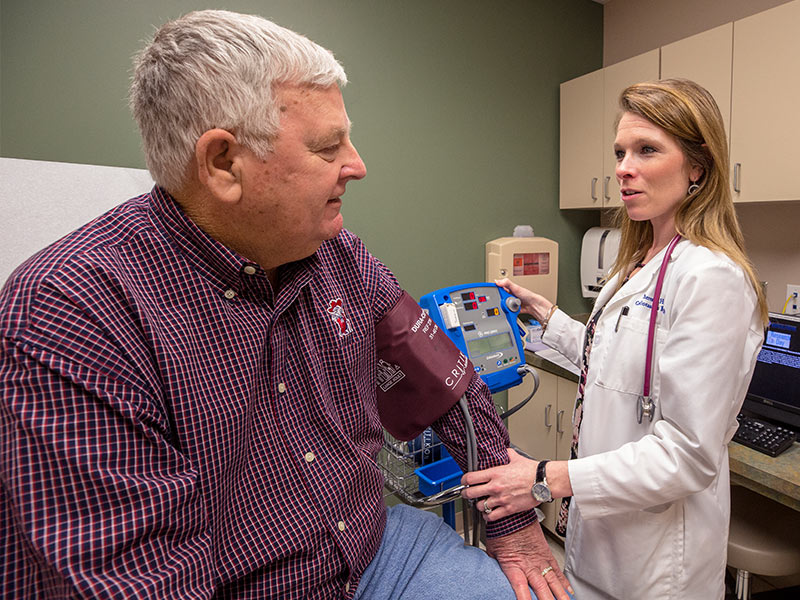
University of Mississippi Medical Center researchers will lead the public in a town-hall style discussion of ongoing cardiovascular research.
“Today’s Heart Research, Tomorrow’s Cures” is co-sponsored by UMMC and the American Heart Association Metro Jackson Chapter. The event will be held Tuesday, Feb. 27 in the School of Medicine from 5:30-7:30 p.m. A light dinner will be provided.
During the event, UMMC faculty and staff will give mini-lectures on advances in basic, clinical and population-level heart-related research. Attendees will have a chance to ask questions to learn more about these research programs.
Leslie Musshafen, executive director of research, said the idea for the town hall came from associate vice chancellor for research Dr. Richard Summers, who was looking for a way to educate and foster connections between scientists and the public.
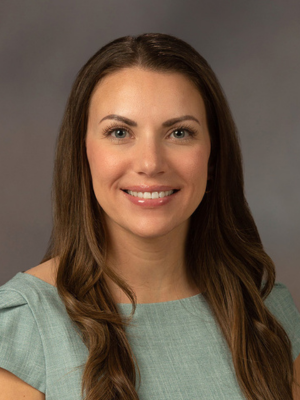
“In the past, we have not engaged the community with our research mission in a consistent way,” Musshafen said. Many people have their strongest connection with UMMC through their health care, but are not as familiar with research.
“This is a way to bridge the gap and create an open forum for community members to learn about the innovative that research happens here and how they can be involved,” Musshafen said.
One route to involvement is as a clinical research volunteer. UMMC’s Division of Cardiology regularly enrolls participants, said Dr. Michael Hall, associate professor of medicine and one of the event’s presenters.
Hall, a cardiologist, will discuss his studies that use medical imaging techniques such as MRI to understand cardiometabolic complications associated with obesity.
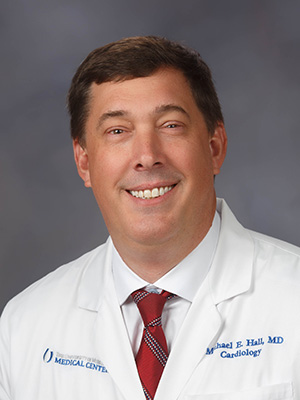
“There are subtle changes that happen in the body prior to the onset of disease,” said Hall. “We can use these changes as subclinical biomarkers to detect early disease before it causes significant health problems.”
For example, visualizing the fat that collects in an around vital organs can be a better way to assess health risk than body mass alone. It also provides a practical picture of health for patients.
“Images can be self-explanatory. A patient can see the fat inside their bodies and if it’s smothering their kidneys or other organs,” Hall said.
Thousands of metro area residents are part of the Jackson Heart Study, the nation’s largest population-based study of cardiovascular disease in African-Americans. This cohort does not accept new participants, but continues to follow its members and provide new insights into health.
Dr. Mario Sims, JHS chief science officer, will discuss the study’s findings on the effect of stress on a person’s health.
“We know that stress is a risk factor for chronic diseases such as hypertension, diabetes and cardiovascular disease,” said Sims, professor of medicine and a medical epidemiologist. Stress can also exacerbate these conditions in people who already have them.
In contrast, Sims said resilience, the ability to cope with challenges, can have a protective effect against these diseases.
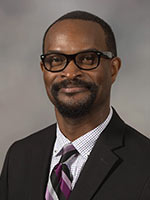
“Even though someone is under stress, they can cope with it using certain techniques,” such as exercise or massage, Sims said. He will discuss some of these approaches and their benefits for all people during the town hall.
UMMC also has many scientists studying cardiovascular disease in laboratory models. Dr. Alejandro Chade, professor of physiology and biophysics, will talk about his research on therapeutic angiogenesis, the potential regrowth of protection of blood vessels to restore function, and the potential applications to kidney disease.
“These treatments are based on the observations physicians make in their patients,” he said.
A physician by training, Chade’s work uses a model of chronic kidney disease. However, the technique could be used in other vascularized tissues and organs.
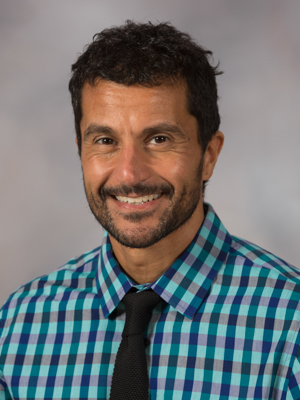
“This is not a process unique to the kidney,” Chade said. “It may be applied to the heart as well.”
The American Heart Association supports Chade’s research through a grant. He said the group’s training opportunities and funding have been critical to his development as a scientist.
“We [The American Heart Association] have invested more than $4 billion in research, more than any organization outside the federal government,” said Jennifer Hopping, AHA Metro Jackson vice president for development. “In February, and every month, we focus on the importance of living a healthy lifestyle to protect your heart and to live longer lives to spend more time with family and loved ones.”
Musshafen said the town hall will be the first in a series of community-oriented discussions about Medical Center research. Because February is American Heart Month, UMMC decided to start off the program with cardiovascular health and disease.
University Research plans to hold the event three to four times a year, with a cancer-focused forum in the works for this summer.
Parking will be available in Lot 21, in front of the School of Medicine and beside the School of Pharmacy. For a full program agenda, including additional speakers and topics, visit the event’s page on Facebook or contact Leslie Musshafen at 601-815-2685 or lmusshafen@umc.edu.

